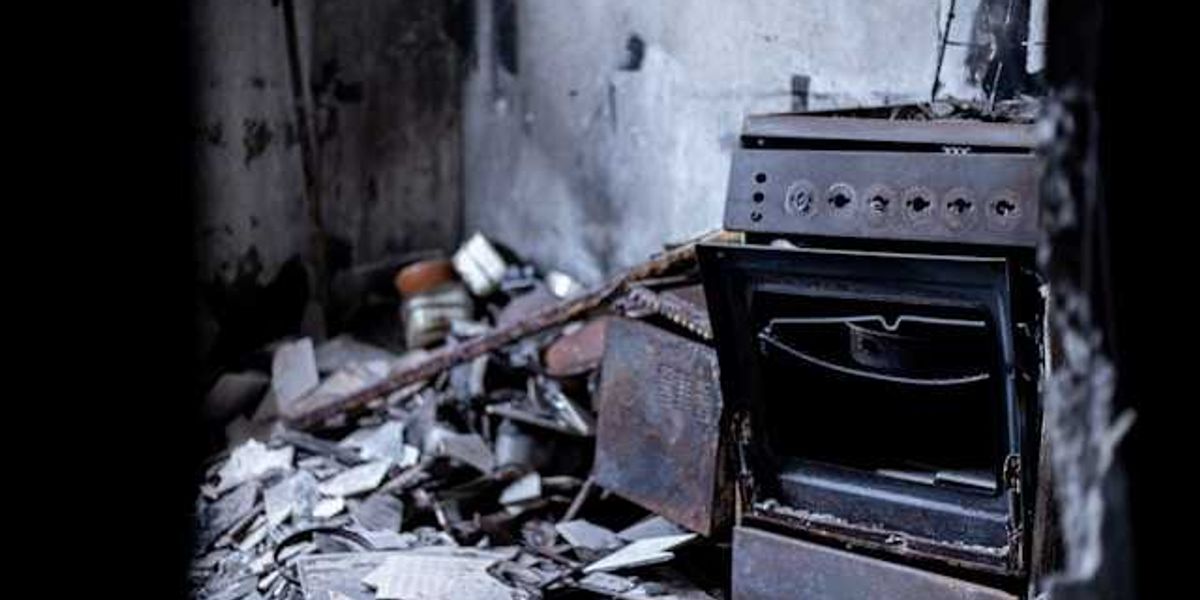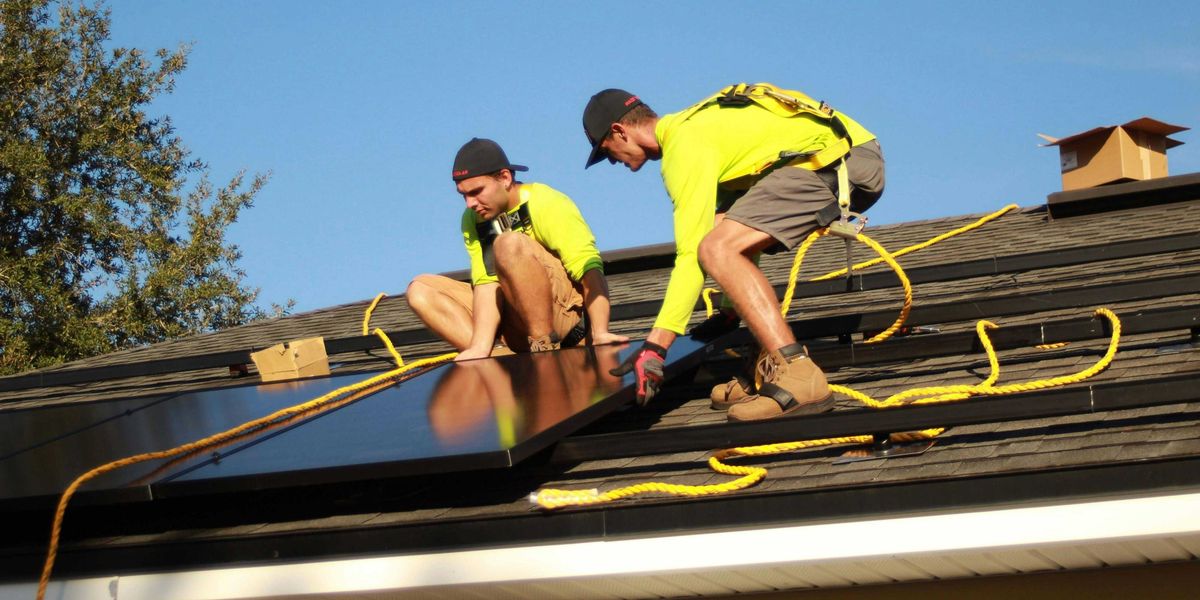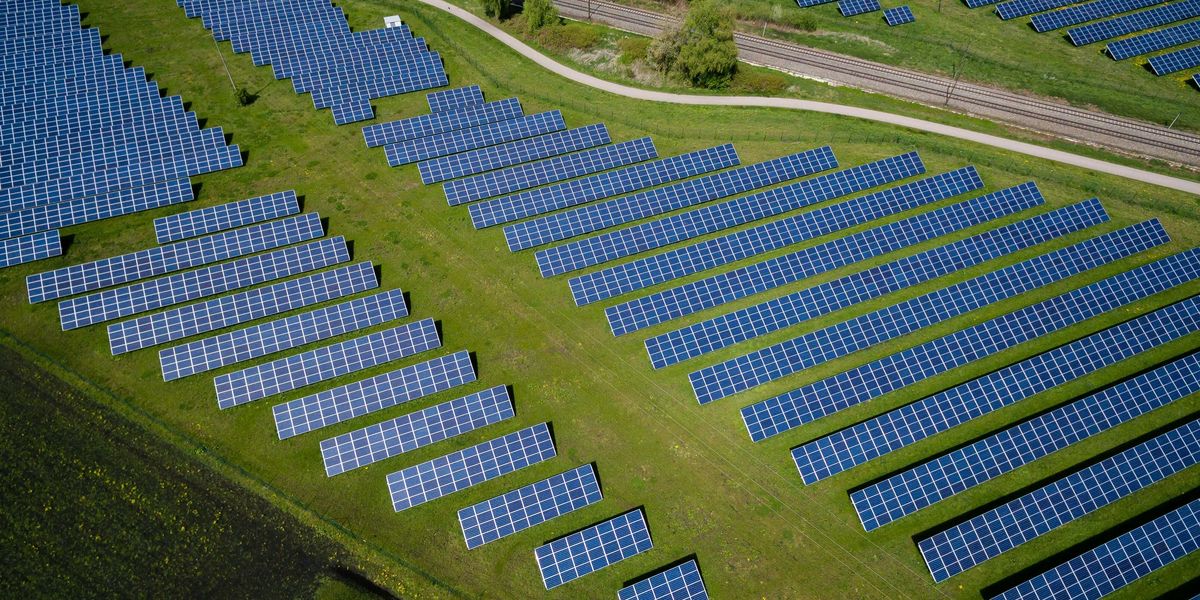World leaders to meet in France to confront ocean crisis and push for $100 billion in pledges
A global conference in Nice next month will convene over 10,000 participants, including world leaders and scientists, to address warming seas, plastic pollution, and dwindling ocean resources.
Edith M. Lederer reports for The Associated Press.
In short:
- The U.N. Ocean Conference, hosted by France and Costa Rica from June 7–13, will gather world leaders, businesses, and civil society groups to develop the Nice Ocean Action Plan targeting pollution, overfishing, and climate stress.
- France seeks 60 ratifications for a high seas biodiversity treaty and plans to push for protections covering 30% of the world’s oceans, decarbonized shipping, and increased funding.
- The Trump administration may open American Samoa’s seabed to mineral extraction, highlighting growing tensions over deep-sea mining, which is not addressed in the conference’s declaration due to lack of consensus.
Key quote:
“What is different this time around? Zero rhetoric. Maximum results.”
— Maritza Chan Valverde, Costa Rica’s U.N. Ambassador
Why this matters:
The health of the ocean underpins much of life on Earth, yet its systems are buckling under the weight of human activity. Rising ocean temperatures are intensifying storms and threatening marine biodiversity. Meanwhile, plastic pollution kills wildlife and contaminates seafood, while overfishing depletes key food sources for billions of people. Maritime shipping, a major carbon emitter, adds to the climate burden. Ocean degradation isn’t confined to the deep — it impacts food security, weather patterns, and economies everywhere, particularly in coastal communities and island nations. What happens to the oceans is a public health issue, a food justice issue, and a planetary one. And with some governments now eyeing deep-sea mining as a new industrial frontier, the stakes are rising. Any meaningful progress hinges on whether political promises made in Nice translate to legal enforcement and sustained funding.
Read more: UN urges global action to protect coral reefs facing extinction













